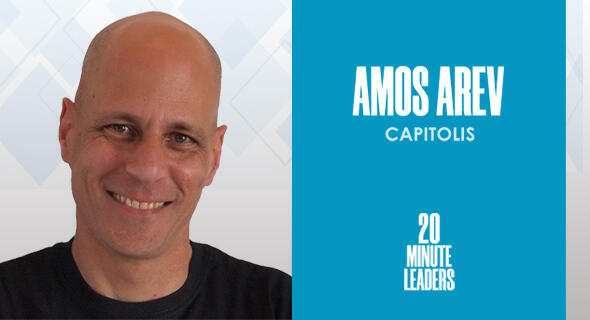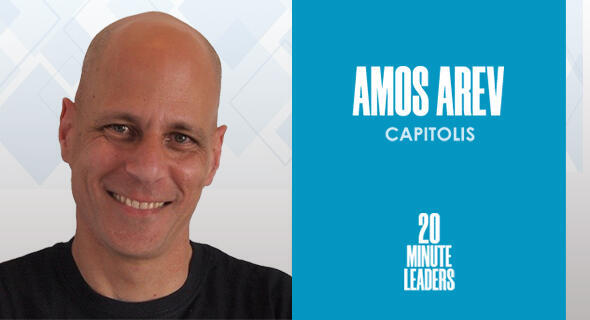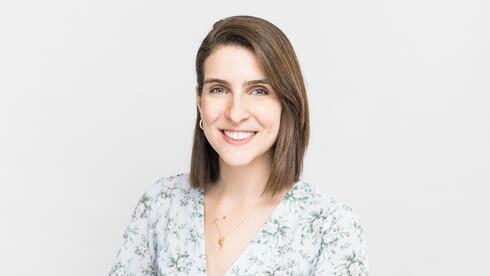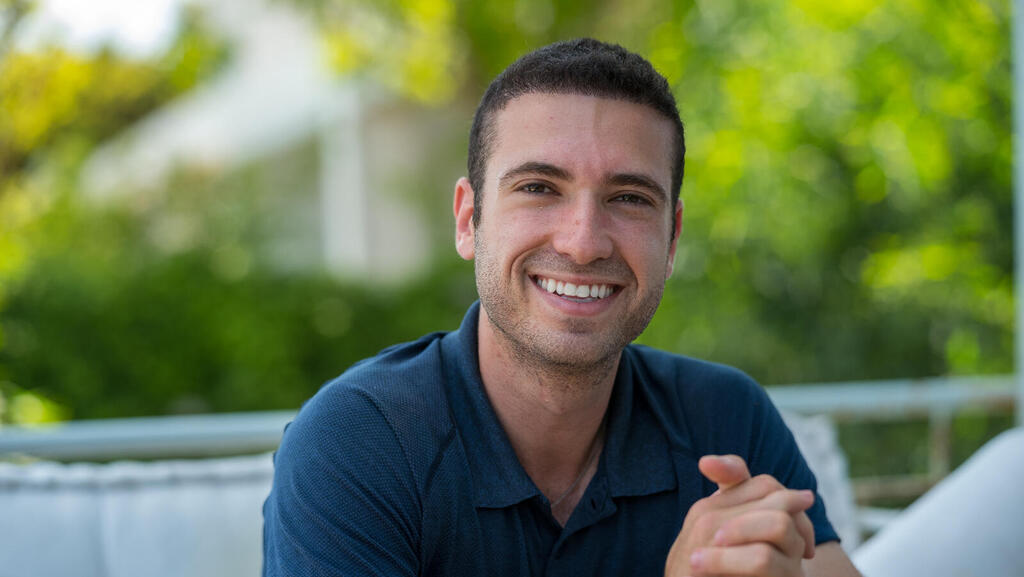
20-Minute Leaders
“The most interesting and vulnerable business stage is scaling up after the initial investment.”
Getting to help shape a company is the most interesting part of being a technology leader, says Amos Arev, executive vice president of engineering and GM of Israel at Capitolis.
Getting to help shape a company is the most interesting part of being a technology leader, says Amos Arev, executive vice president of engineering and GM of Israel at Capitolis. He enjoys bringing his skills and being able to help grow a company. In the last ten years, Arev has found that joining companies after their A round and helping them scale is his sweet spot. He shares that this period in a company’s growth is the most interesting and vulnerable stage. Much of his focus is constructing a strong team with everyone in the right role that will allow the company to scale. Arev has worked in a variety of industries, including banking, cyber, and legal, and he enjoys the challenge of learning new domains. But one thing he has learned is that he can share his strategic views on scaling without being an expert in the industry.
Amos, I don't even know how to start listing off the incredible things you have done. What does it mean to be a technology leader and why do you enjoy it so much?
Let me start from the last decade or so, where I've been joining companies post round-A and taking them from the POC stage, where they got the initial large investment after having proven the idea, and then taking them to scale. I think this is the most interesting part of being a technology leader, bringing to the table your capabilities, but really being part of the executive team and shaping the company. Each time, starting from a very small team and then getting it to a larger team that you shape and find the key players for and eventually scale with them where you just make sure that everything is going in the right direction. That's what I enjoy. The kick I get is from starting all over again with a small team.
You have to decide which company you are betting on, which team you are looking to join. What goes into the decision making process?
It has to be an innovative team that is very thoughtful of what they are doing, that's thought through all of the details of what they are trying to solve. It has to be a team of veterans who already have seen failures in the past and learned from them. It has to be a closely knit team that is not just a bunch of individuals. It has to have a very good lineup of investors who are deeply involved in what we are doing.
2 View gallery


Amos Arev, executive vice president of engineering and GM of Israel at Capitolis
(Photo: N/A)
It almost sounds like a very good investment strategy. Your time is probably the most important investment you can make, right?
Yeah, I think it is. Every time I join a company, it's not for the purpose of leading up to three years; I always join from the long term.
Go back to this underlying pattern of joining a team that successfully built an interesting POC and is ready to now scale. What is it about this process that excites you?
The most interesting and the most, I think, vulnerable business stage is scaling up after the initial investment and making the right decisions. The first few years where you really scale up matter and set the base for the future. That's a high-stake game, so you need to be all in. You need to really understand the business case and all the details. Every time I enter a company where there is a new domain, it's yet another challenge to learn. I think it's about understanding what makes the team tick and how you set the foundation. Since the stakes are high, it's really more interesting to me.
It requires a lot of energy from your end because you are basically an entrepreneur yourself, right?
Yeah. It also requires you to change the energy that you invest. Initially, when you join a smaller team, you kind of do everything. Eventually the team grows, and then you look at how the team scales and who are the leaders, how do you scale the technology. In a very short span of time, you get to do a lot of different things in the evolution of the company.
Tell me about Capitolis. What got you hooked on this company almost three years ago?
Capitolis is trying to solve inefficiencies in the capital market. When you look at the way regulators work since 2008, it's both a good thing since more regulation actually makes the banking system safer, but it also limits the capacity of how banks can operate because eventually it puts a limit on collateral that's being put against risks that are being taken. This is a real issue because eventually it affects everything. This needs to be solved in a way that is very clear and very clean, but also very efficient.
We do this in two ways. We look at the portfolio that each of the banks have of future investments and foreign exchange and then we offer ways to change the way the portfolio is set up so that it's more efficient. This is a networking game because each of these portfolios actually portrays connections between the banks and other banks that are involved. We actually help the banks be more of a platform when they can operate their own financial structures. We get investment in, by which we also free them of a need to have the money invested written off their books.
It is very interesting for me to find out how technology comes into play in this. Because it's not a large-scale operation. It's a very delicate, lot of detail operation. You don't actually find out what the product is until you are actually deeply involved in actually running the product. You need to understand what the players need. Then the need changes. Then technology needs to keep up with this in a way that eventually you develop a scalable platform, which is a really hard puzzle to solve.
You mentioned that when you first spoke to Gil, it was kind of a foreign world to you.
Yeah, it was. I asked him, "Why me?" He said, "I have a lot of bankers, but I need a technologist to join the team. The technology is the main thing, and it's not about banking." Initially, I spent a lot of my time talking to people who are experienced in banking. Eventually, Gil told me that I'm never going to be able to play in the field. It's enough for me to understand what technology needs to be created. This dropped a penny for me, because my role in this team is to really bring to the table my strategic views on what I should be doing, and my team should be doing, in order to be able to scale and also play the game, which is ever changing, and be able to take part in making strategic decisions about the company without needing to be the expert in banking.
Looking back, was this a similar experience to what you had in legal and previously in cyber?
Yes. But I think, if you look at security, usually you have a good idea of what you want to achieve. You create a product that you need to educate the market to use. You are constantly thinking about the next step where the market isn't even thinking about it. In contrast, when you look at what we do at Capitolis, technology needs to be the game changer, but it by no means drives the game. The game is played by rules of the banking system, and you need to be novel in the way you play with these rules and introduce technology into it.
What makes you a successful technology leader in the day to day?
If I need to narrow it down to one thing, it's being able to identify the correct people and build a good team that scales.
Is that generalized across the different organizations the same way?
There are commonalities. I think that a good team is a team that is mainly built from people who are critical thinkers and understand that there is no ceiling. My part in this is finding out how the team should be constructed and what part the people on the team should be playing. Eventually, there’s a different culture to each. But I think the common thing between all the successful teams that I've been fortunate enough to build is that eventually my role is just navigating and people do their own thing.
Michael Matias, Forbes 30 Under 30, is a Venture Fellow at Innovation Endeavors as well as investment Venture Partner at Secret Chord and J-Ventures. He studies Artificial Intelligence and Human-Computer Interaction at Stanford University, and was an engineer at Hippo Insurance. Matias previously served as an officer in the 8200 unit. 20MinuteLeaders is a tech entrepreneurship interview series featuring one-on-one interviews with fascinating founders, innovators and thought leaders sharing their journeys and experiences.
Contributing editors: Michael Matias, Megan Ryan













